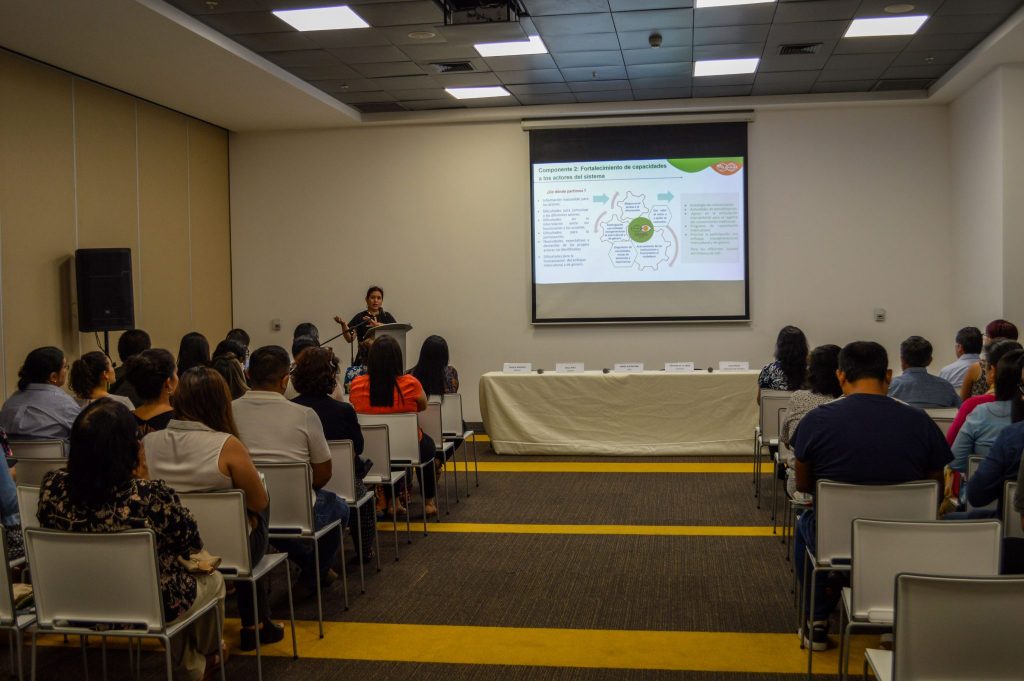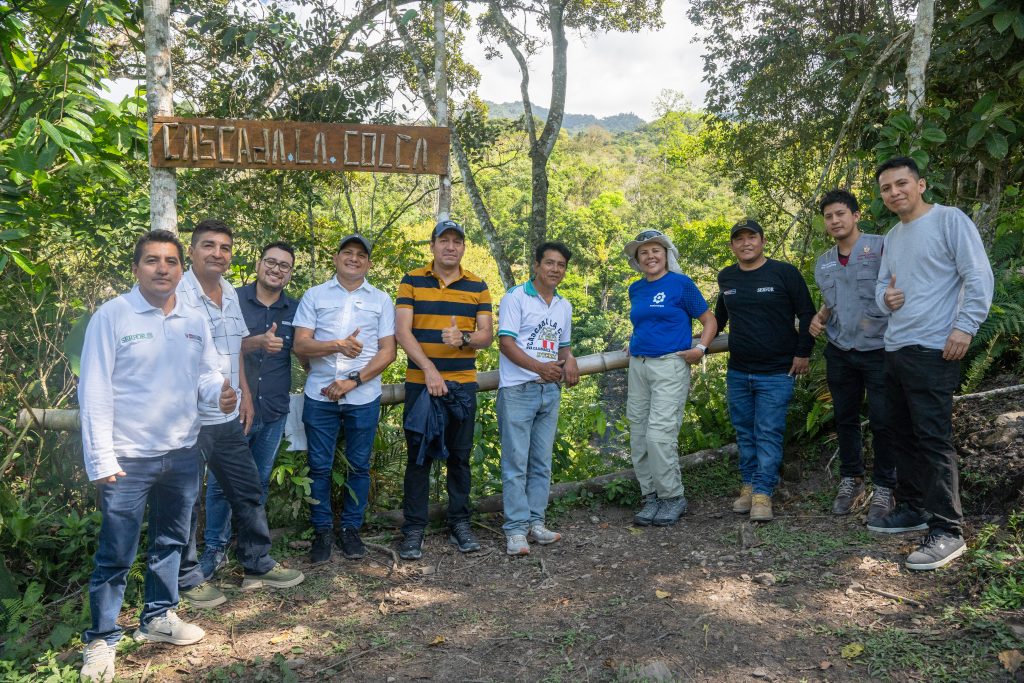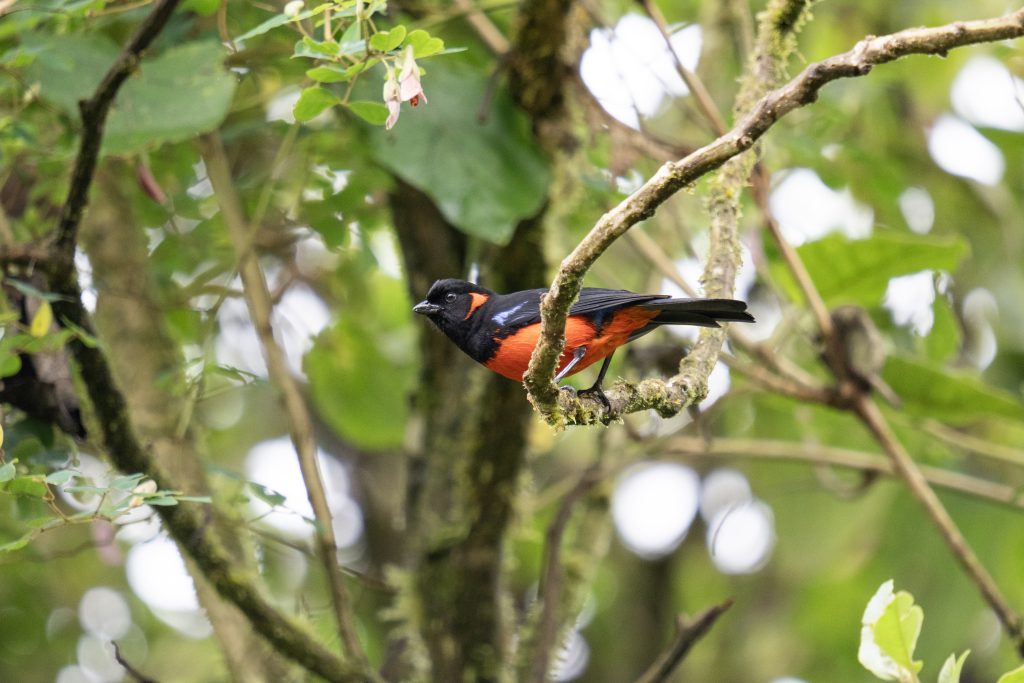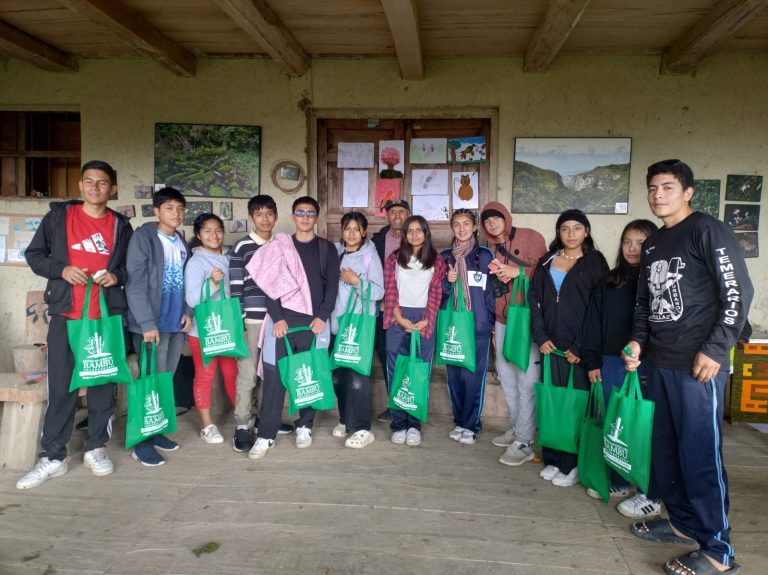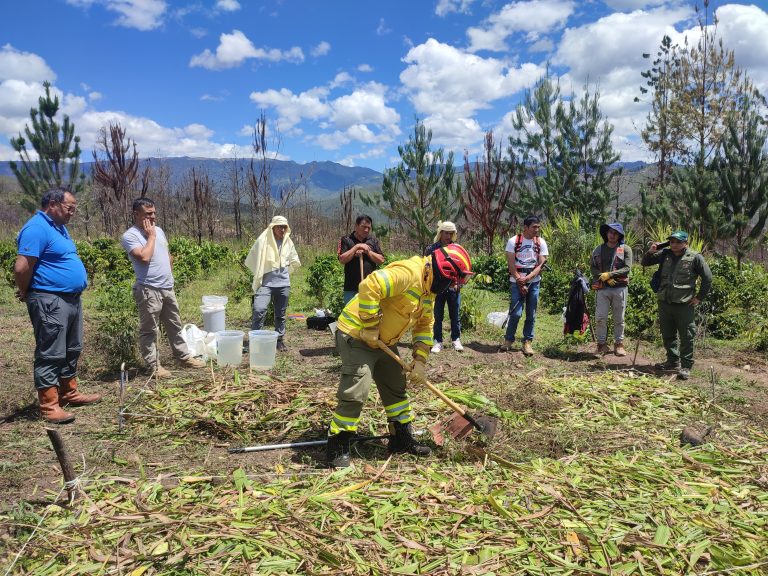After 4 years of exercise, the GEF ABS Nagoya project closes its cycle, presenting important advances as part of the process of effective implementation of the Nagoya Protocol, an international mechanism that aims to promote the fair and equitable participation of indigenous peoples and the scientific community. in the benefits derived from the use of genetic resources, taking into account the rights over said resources and technologies.
In Peru, the project began operations in 2018 and was executed by the Ministry of the Environment, implemented by the UN Environment program, with financing from the Global Environment Facility – GEF, and managed by Profonanpe, the environmental fund of Peru.
During the closing activity, Karina Ramírez, National Coordinator of the GEF ABS Nagoya project, highlighted the 3 components implemented by the project: the operation of an ABS system (access and benefit sharing), the strengthening of the capacities of this system and promote the development of pilot projects that contribute to the conservation and sustainable use of biological diversity in the country.
“Having a new regulatory framework for Peru teaches us that changes are possible. Its implementation and putting into practice, the recommendations of the national authorities, companies and users, as well as the new national and international scenarios demonstrate that from the perspective of change management and adaptive management, improvements can be proposed both nationally and regionally to achieve a path that ensures the viability of ABS.” highlighted Karina Ramírez.
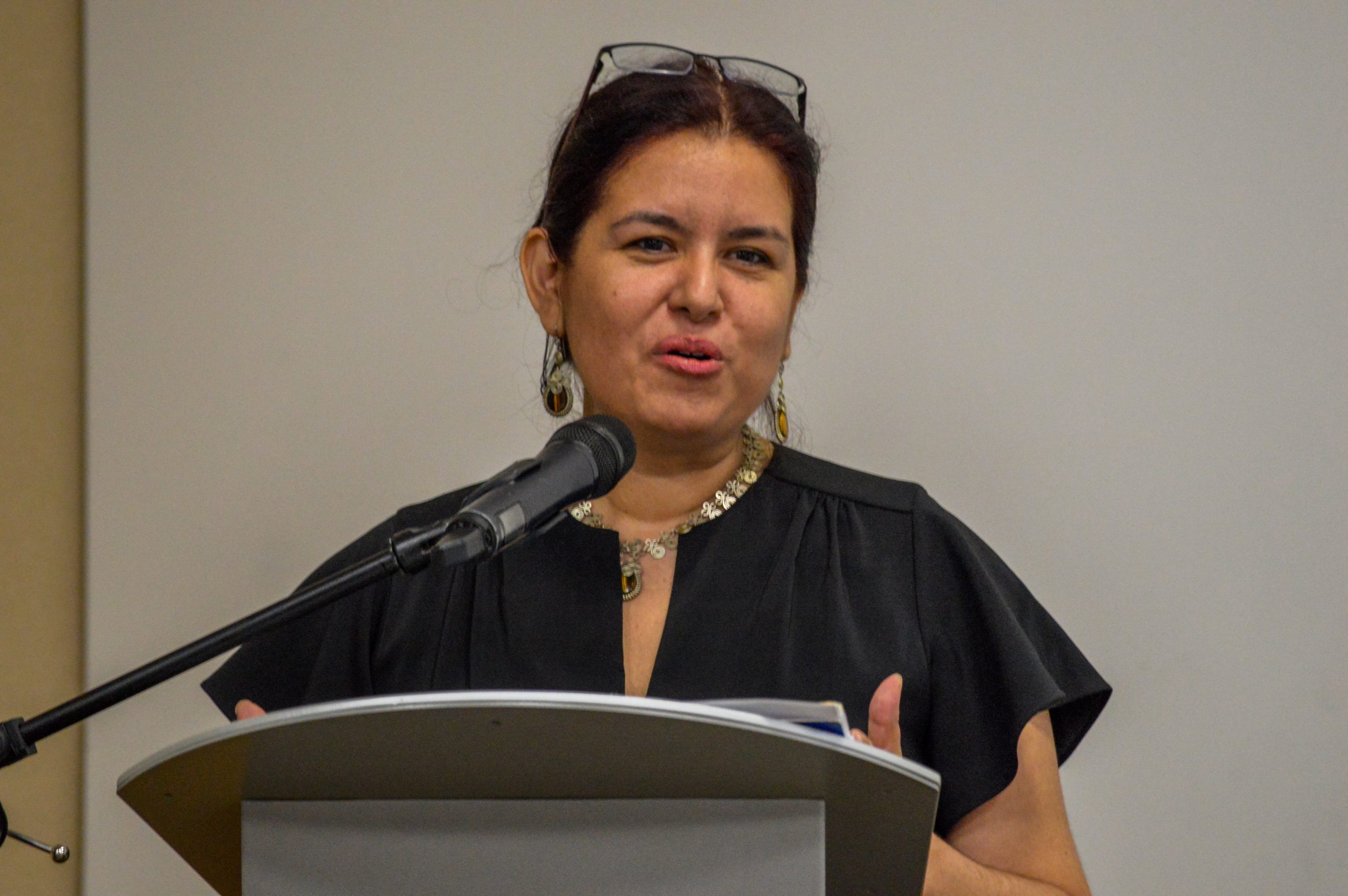
Today, Peru has an ABS system in operation that, through a regulatory framework, has reduced management processes to 60 business days. Likewise, it has been possible to unify the processes and procedures, as well as to articulate the inter-institutional work of the competent authorities: Ministry of the Environment, Ministry of Production, Sernanp, Inia, Serfor and Indecopi.
Strengthening of capacities with communities and indigenous peoples
With an intercultural, gender and intergenerational approach, the project developed awareness-raising activities on the Nagoya Protocol with the different actors of the ABS System. In this regard, the participation of the public sector (34%), academia (25%), organizations of indigenous or native peoples (21%), the general public (17%) and the private sector (3%) was achieved.
It also highlights the development of the intercultural training program «We are Heritage that builds the Future», validated by 294 representatives and / or associates of 13 organizations of indigenous peoples and peasant communities from approximately 24 regions of the country. To achieve effective results, the program prioritized the construction of new learning based on the previous knowledge of the communities themselves and considering cultural mediation in the native language. The GEF ABS Nagoya project culminates with the development of 2 replica workshops, led by the same participants from the communities.
“In this initiative it is important to highlight the role of indigenous and native peoples, because their active participation has been a vehicle through which their knowledge and traditional knowledge have been associated with the use of biological resources. The intercultural component allows us to listen to them, bring that learning, amplify their voice and their experiences; and thus reduce the distance that often exists between the knowledge of the communities and the academy, in order to value it to bring greater shared benefits.” highlighted Anton Willems, executive director of Profonanpe, during his welcoming remarks.
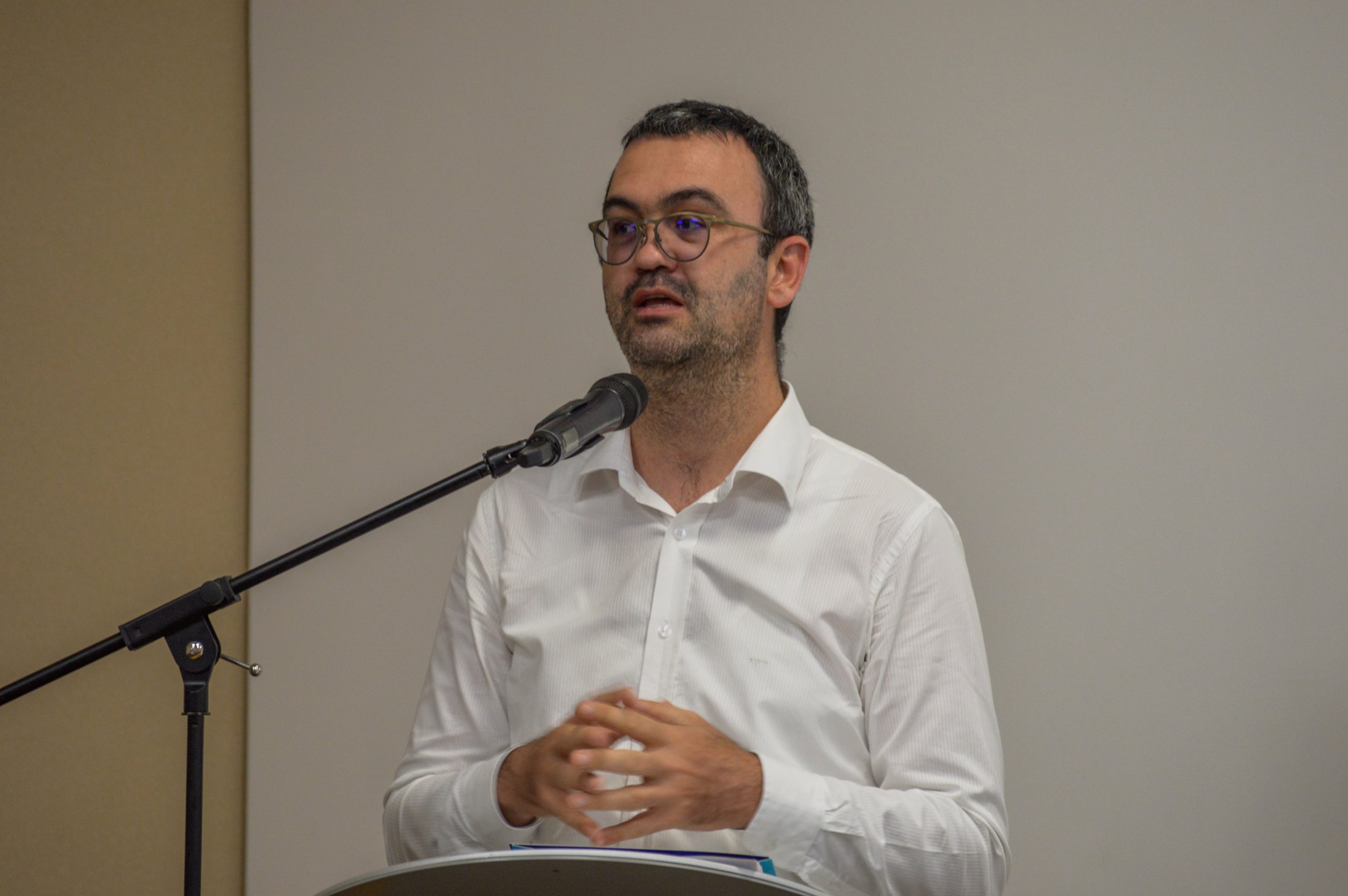
Pilot projects for the sustainable use of biological resources
As a result of the implementation of the Nagoya Protocol, since 2020 the Internationally Recognized Certificates of Compliance (CCRI) have increased, documents that ensure compliance with national regulations, prior informed consent, mutually agreed conditions for benefit sharing from the use of genetic resources. This has allowed Peru to be in 5th place, out of 138 countries worldwide, in the issuance of these certificates.
With the inter-institutional articulation and the technical support provided by the project to the national authorities, it has been possible to issue contracts for commercial purposes for cultivated species. These are national permits that authorize access to genetic resources for researchers and companies. 5 contracts signed by INIA were issued, 3 of which are contracts with Peruvian universities and 1 with a company. Likewise, a contract for commercial purposes for wild species is in the process of being negotiated, through Serfor.
José Álvarez, general director of Biological Diversity of the Ministry of the Environment, highlighted the change that was noted with the implementation of the project: «We had a very serious problem because the genetic wealth of Peru was tucked under the mattress, it was not worked for the benefit from the country. We had a very bureaucratic regulation that made researchers suffer to obtain permits. Today this has changed and we have the challenge for genetic diversity to be an instrument for scientific development and social inclusion.”
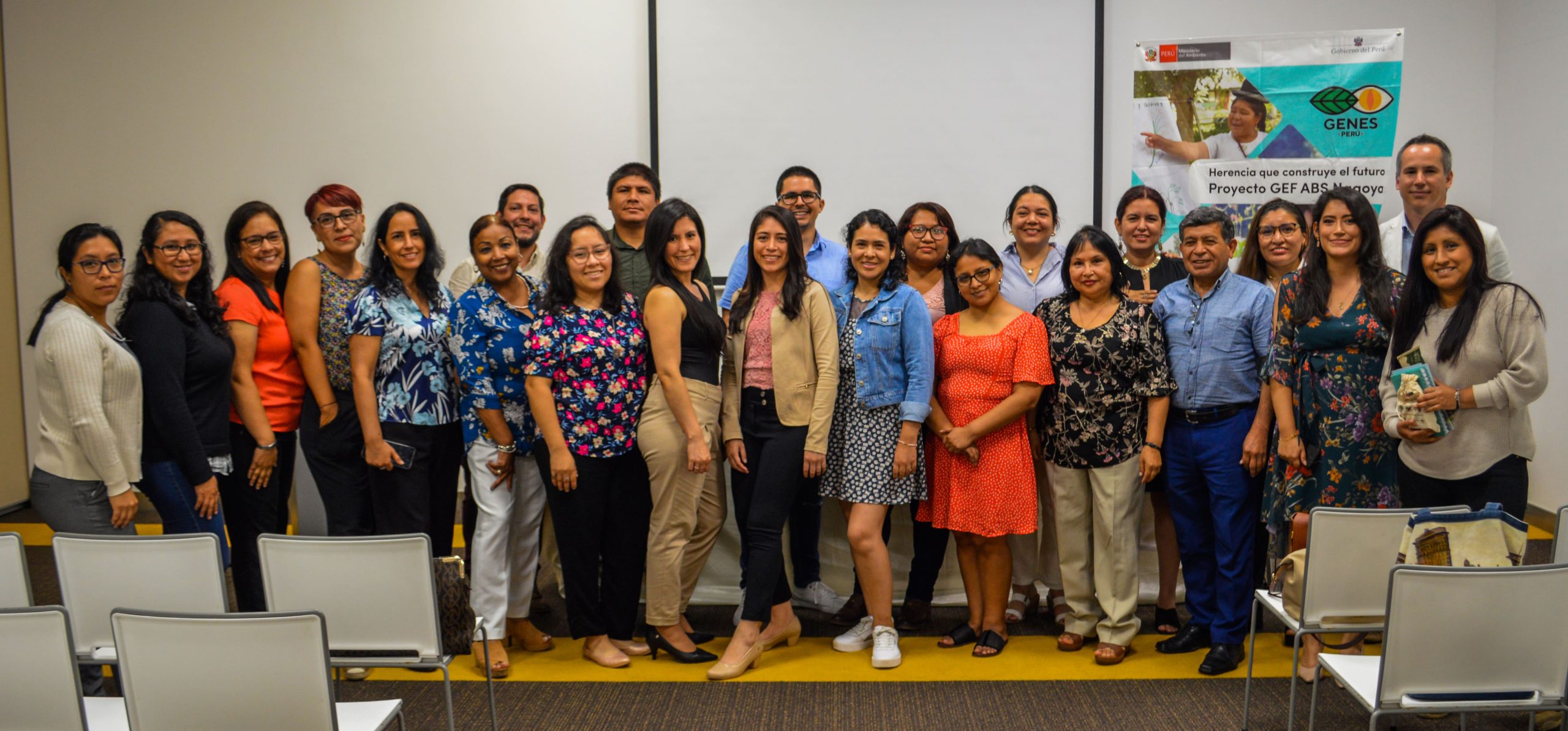
About the GEF ABS Nagoya Project
This initiative is financed by the Global Environmental Facility (GEF) and implemented by the Ministry of the Environment, UN Environment and the administration of Profonanpe. Its objective is to strengthen national capacities for the effective implementation of access regimes to genetic resources and traditional knowledge in accordance with the Nagoya Protocol and thus contribute to the conservation of biodiversity and the well-being of people in the country. For more information, visit their website.


